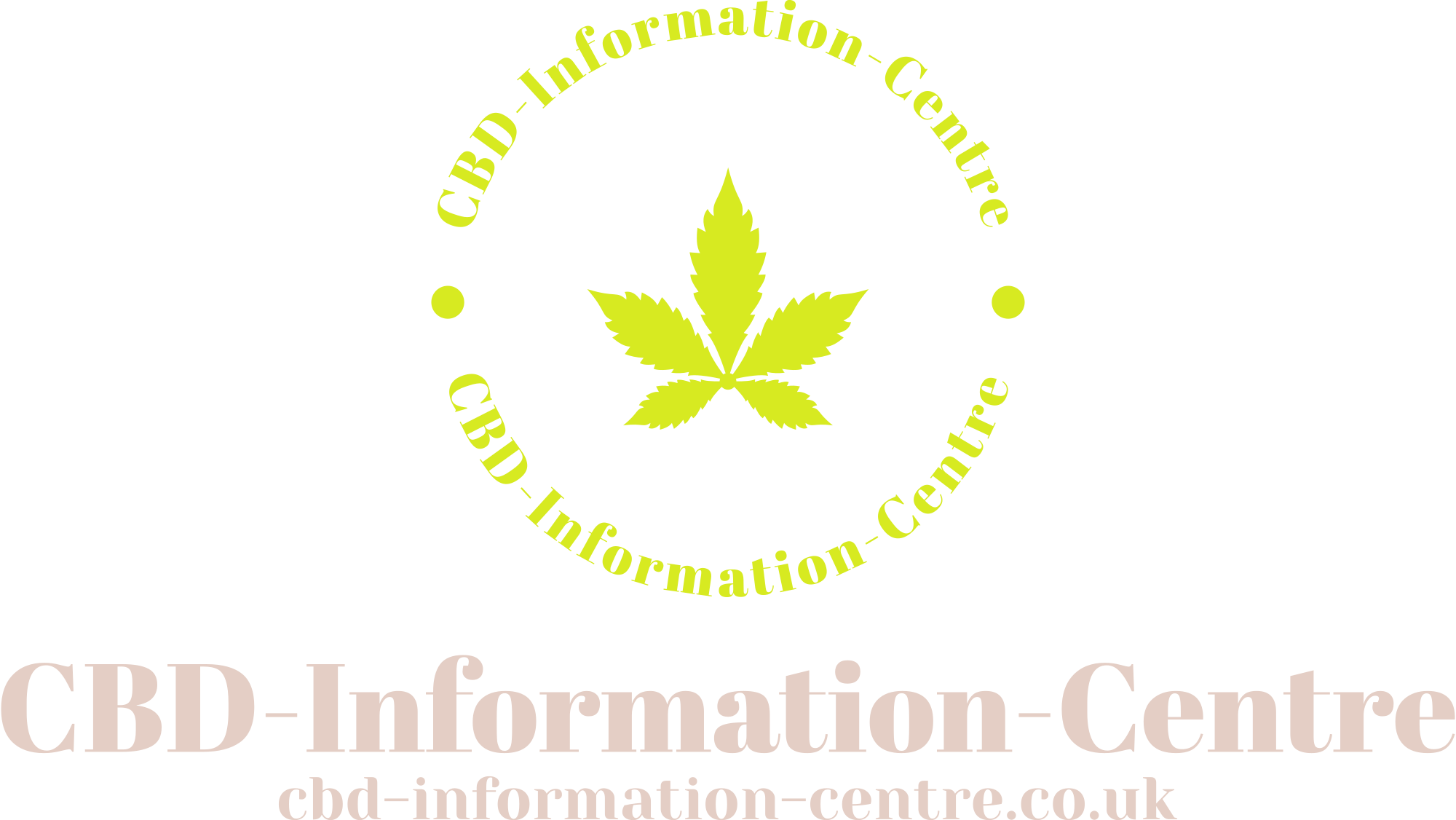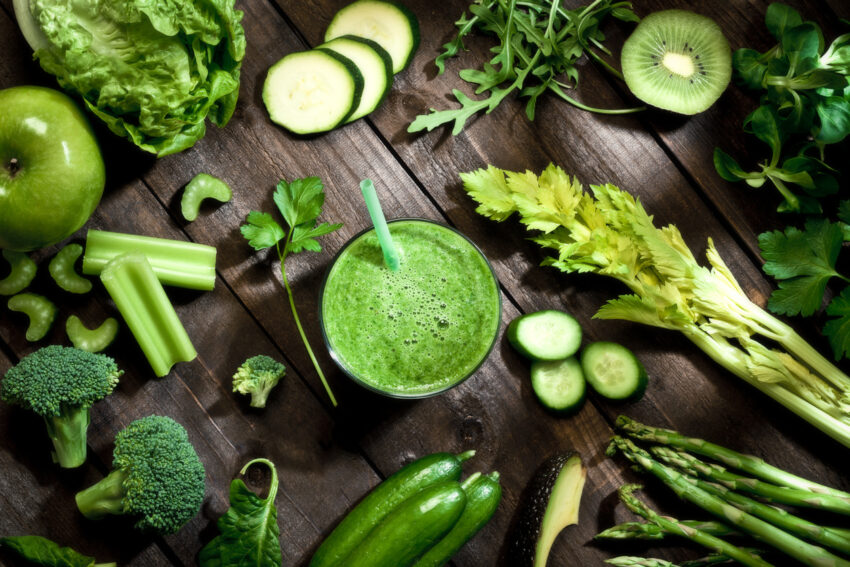Detoxification is a complex process that involves the body’s natural mechanisms to eliminate toxins and harmful substances. Vitamins play a crucial role in supporting these processes, from antioxidant protection to enzyme function and cellular repair. This guide explores how various vitamins contribute to detoxification and overall health.
Understanding Detoxification
Detoxification refers to the body’s ability to remove harmful substances and toxins, promoting health and well-being. It primarily occurs in organs like the liver, kidneys, lungs, skin, and intestines.
What is detoxification, and why is it important for overall health
Detoxification is the process by which the body eliminates toxins and harmful substances that can affect health negatively. It helps maintain cellular function, supports metabolism, and enhances overall well-being.
How do vitamins contribute to detoxification processes
Vitamins play essential roles in detoxification by supporting enzyme systems, acting as antioxidants, and aiding in the repair and regeneration of cells and tissues.
Key Vitamins in Detoxification
Several vitamins are particularly important for supporting detoxification pathways in the body. Understanding their roles can help optimize overall health and well-being.
Vitamin C: The Powerful Antioxidant
How does vitamin C support detoxification? Vitamin C acts as a potent antioxidant, neutralizing free radicals and toxins in the body. It enhances the function of detoxification enzymes, such as glutathione, and supports immune health.
Vitamin E: Protecting Cell Membranes
What role does vitamin E play in detoxification? Vitamin E protects cell membranes from oxidative damage caused by toxins. It supports liver function and helps maintain the integrity of cellular structures involved in detox processes.
Vitamin A: Supporting Liver Function
How does vitamin A contribute to liver detoxification? Vitamin A is crucial for maintaining liver health and supporting the production of detoxification enzymes. It aids in the metabolism of toxins and helps regulate immune responses.
B Vitamins: Energy Production and Detox Support
What are the roles of B vitamins in detoxification? B vitamins (B1, B2, B3, B6, B12, folate) support energy production pathways essential for detoxification. They aid in the metabolism of toxins and help convert harmful substances into less toxic forms.
Vitamin D: Immune Modulation and Detox Pathways
How does vitamin D influence detoxification processes? Vitamin D plays a role in immune modulation and supports detox pathways in various tissues. It helps regulate inflammatory responses and promotes overall cellular health.
Integrating Vitamins into Your Detox Routine
Incorporating a variety of vitamins into your diet or through supplementation can support detoxification pathways and overall health.
What are some dietary sources of vitamins that support detoxification
A balanced diet rich in fruits, vegetables, nuts, seeds, and whole grains provides essential vitamins necessary for detoxification. Specific sources include citrus fruits (vitamin C), nuts and seeds (vitamin E), leafy greens (vitamin A), and fortified dairy products (vitamin D).
How can supplementation support detoxification efforts
Supplementation with vitamins can help fill gaps in nutrient intake, especially if dietary sources are insufficient. It’s essential to consult with a healthcare provider to determine appropriate dosages and formulations.
FAQs on Vitamins and Detoxification
Can vitamins alone detoxify the body?
Vitamins support detoxification processes but do not detoxify the body on their own. They work in conjunction with enzymes and other nutrients to facilitate toxin elimination.
Are there specific vitamins that can help with heavy metal detoxification?
Certain vitamins, such as vitamin C and E, can aid in reducing oxidative stress associated with heavy metal exposure. However, heavy metal detoxification typically requires specialized medical interventions.
How do vitamins support liver detoxification?
Vitamins like B vitamins and vitamin A play crucial roles in liver function and detoxification enzyme pathways. They help metabolize toxins and support liver regeneration.
What role do antioxidants play in detoxification?
Antioxidants like vitamins C and E neutralize free radicals generated during detoxification processes, reducing oxidative damage to cells and tissues.
Can vitamins help with alcohol detoxification?
Vitamins B1 (thiamine), B6, and B12 are essential for alcohol metabolism and liver detoxification. Supplementing these vitamins can support recovery from alcohol-induced damage.
Is it safe to take high doses of vitamins for detoxification?
High doses of certain vitamins, especially fat-soluble vitamins like vitamin A and D, can be toxic. It’s crucial to follow recommended dosages and consult with a healthcare provider before starting any supplementation regimen.
How can vitamins support skin detoxification?
Vitamins A, C, and E help maintain skin health and support detoxification processes in the skin. They protect against oxidative stress and promote cellular repair.
Can vitamins help with drug detoxification?
While vitamins support overall detoxification processes, drug detoxification typically requires medical supervision and specific treatments tailored to individual needs.
Are there specific vitamins recommended during a detox cleanse?
During a detox cleanse, vitamins that support liver function (like B vitamins) and antioxidants (like vitamin C) can be beneficial. It’s essential to maintain balanced nutrition during any cleanse.
How do vitamins support kidney detoxification?
Vitamins B6 and C support kidney function and detoxification processes by aiding in the metabolism and elimination of toxins. They also help maintain overall kidney health.

